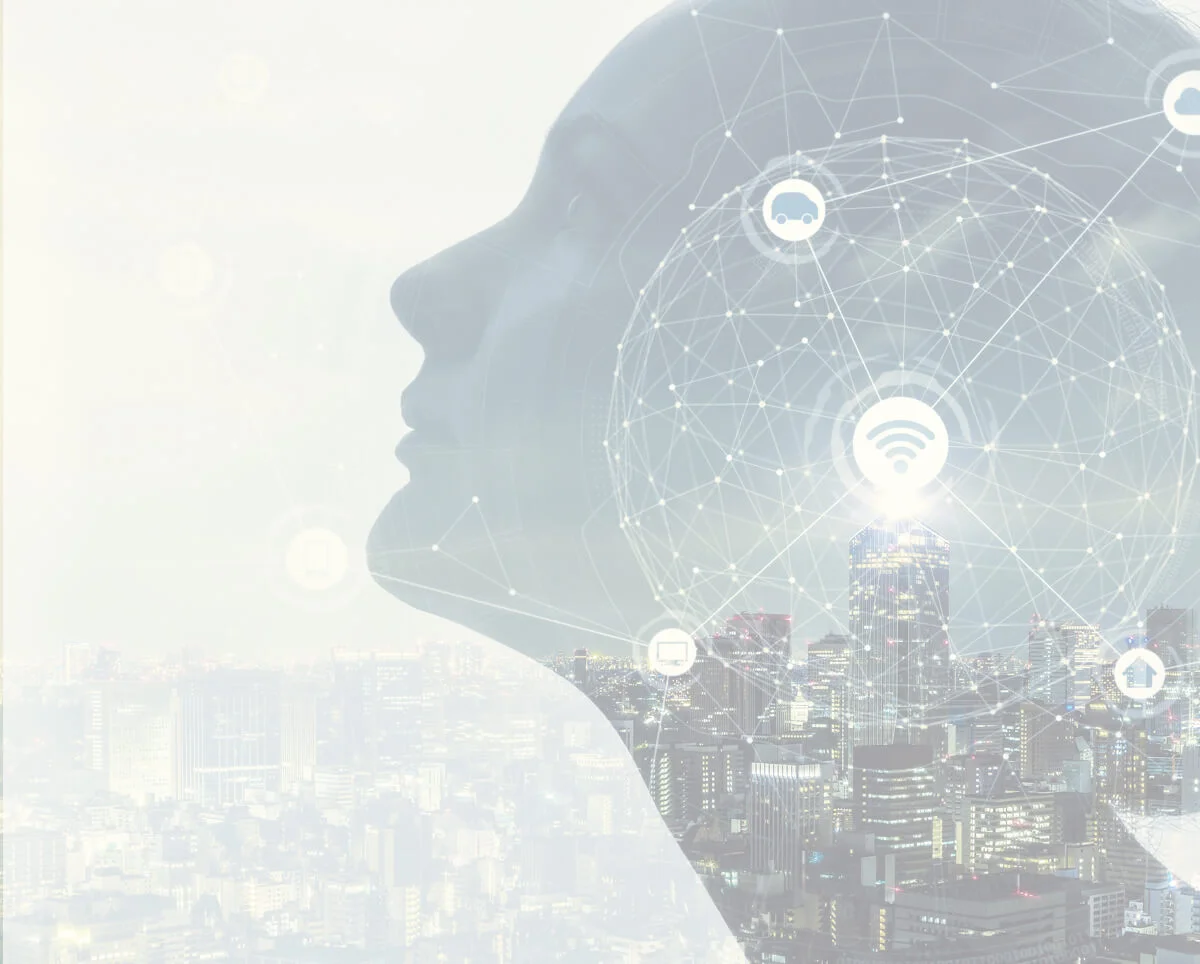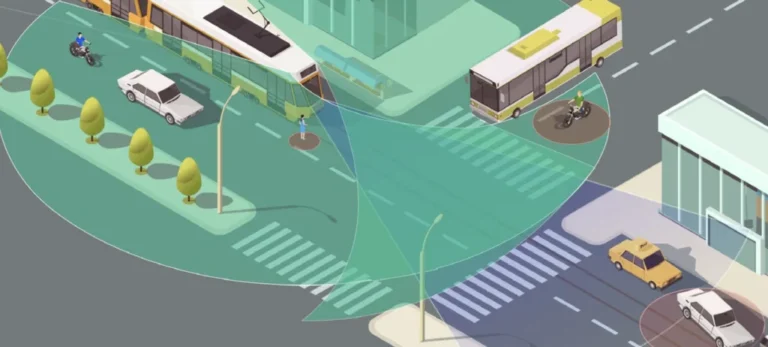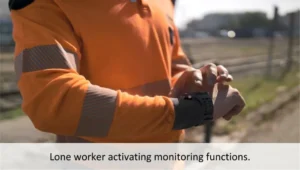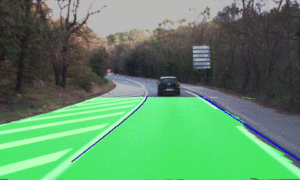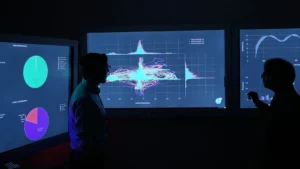Green.
Digital.
Connective.
Innovation.
Currently, the world is facing its greatest challenges politically and economically due to global instability. In this climate of uncertainty, Hitachi’s ambition to become a global leader in providing innovative solutions to meet these societal challenges has never been stronger.

